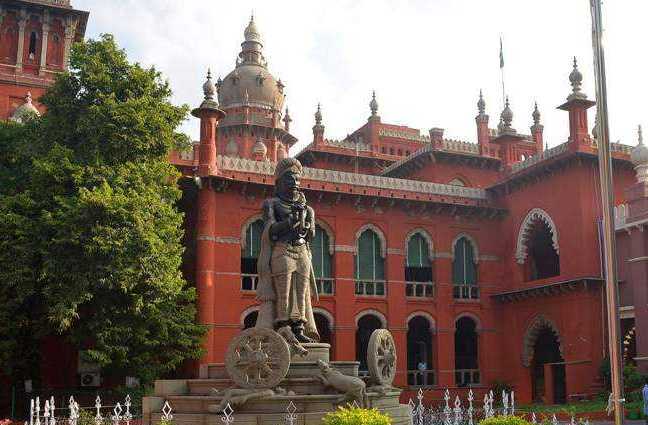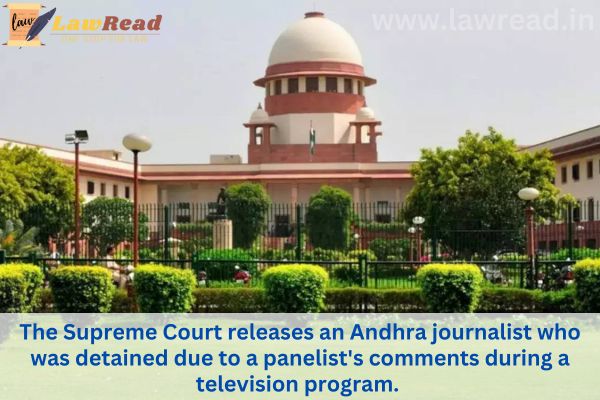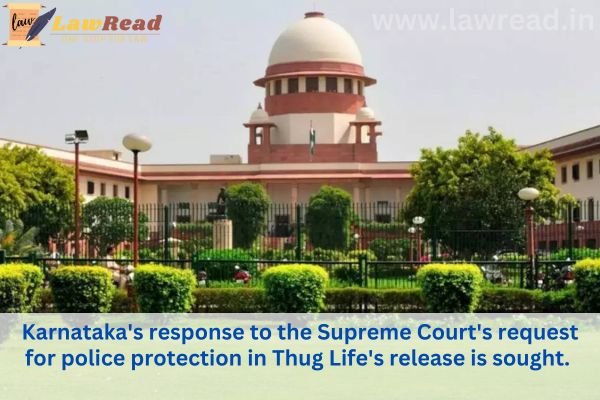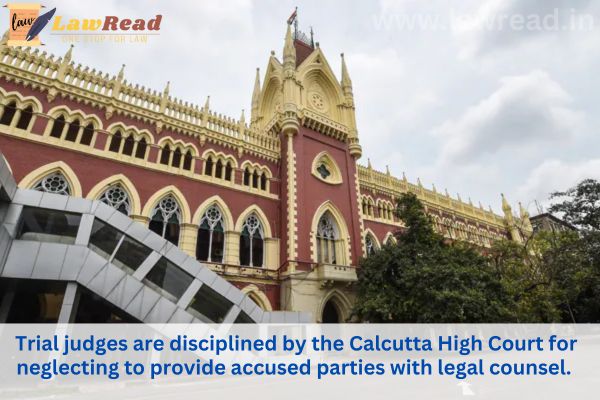News
Orissa High Court Shares Concerns About Data Breach & Privacy Violations While Upholding Mandatory PAN-Aadhaar Linking For Demat Accounts
According to the High Court's decision in Justice K.S. Puttaswamy v. Union of India, the PAN-Aadhaar linkage complies with constitutional principles and meets the triple test of legality, necessity, and proportionality.
.jpg)
Former Member of Parliament (MP) Tathagata Satapathy filed a writ challenge against the requirement that Aadhaar and Permanent Account Number (PAN) be linked in order for dematerialized (demat) accounts to function, but the Orissa High Court rejected it. As a fair limitation on the right to privacy under Article 21 of the Constitution, the Court maintained the requirement's constitutionality.
As established in Justice K.S. Puttaswamy v. Union of India, the Single Bench of Justice Sanjeeb Kumar Panigrahi determined that Section 139AA of the Income Tax Act, which requires PAN-Aadhaar linkage, complies with constitutional principles and meets the triple test of legality, necessity, and proportionality.
"Section 139AA of the Income Tax Act, which requires Aadhaar to be linked with PAN and demat accounts, is in accordance with the constitutional principles established in Puttaswamy and its triple test: legality, necessity, and proportionality." Because it is supported by a genuine legislative mandate, serves a legitimate state purpose, and restricts privacy in a reasonable manner, Section 139AA passes this criteria, the Court noted.
Senior Advocate Gautam Mukherjee represented the Respondent, and Senior Advocate Yasobanta Das represented the Petitioner.
Background of the Case
Four-time Member of Parliament Satapathy, who represents the Dhenkanal seat of Odisha, has a savings account at HDFC Bank's Cuttack-Puri Road Branch in Bhubaneswar. In December 2019, he linked the demat account to his savings account and invested ₹25 lakhs from his savings account in trading through HDFC Securities, per the recommendation of bank officials. He started making trades in January 2020.
Because the petitioner's demat account was not linked to Aadhaar, it was placed on inactive status in July 2023. When Satapathy discovered this, he told bank officials that he had never registered under Aadhaar and that, according to Supreme Court decisions, connecting to it was not required for banking services or transactions. He asked the bank to fix the problem, but he got no help. He therefore attempted to terminate his demat account and move shares and money to his wife's or nominee's demat account. The bank's headquarters, however, retorted that the suspension could not be removed until PAN and Aadhaar were linked.
Satapathy filed a writ petition to challenge the bank's action, claiming that the condition was unlawful, arbitrary, and in violation of Supreme Court rulings.
Observations of the Court
In accordance with a National Securities Depository Limited (NSDL) directive, the Bank unfrozen Satapathy's demat account on June 3, 2024, while the petition was pending. As a result, the lawsuit became an academic exercise and the cause of action was declared moot. To offer legal clarity for cases like this in the future, the Court did, however, proceed with an authorized pronouncement. The Court's primary concern was whether the requirement to link PAN and Adhaar in order to operate demat accounts complies with constitutional rights, namely Article 21's right to privacy.
Legal Reasoning and Precedents
Citing Section 139AA's significance in preventing PAN duplication and tax cheating, the Supreme Court affirmed it in Binoy Viswam v. Union of India (2017), which the Court cited. By requiring Aadhaar-PAN linking, the provision was established to improve the integrity of financial transactions and guarantee tax compliance.
Furthermore, the Apex Court rejected arguments that Section 139AA violated Articles 14 and 19 of the Constitution in Justice (Retd.) K.S. Puttaswamy v. Union of India (2018), upholding the law's legitimacy.
By pointing out how dishonest individuals conceal illegal cash through layered transactions, shell corporations, and offshore accounts, the Single Judge called attention to the exploitation of the securities market for money laundering and tax evasion. Tax evasion has been made easier by the anonymity provided by numerous (read: fraudulent) PAN cards and unconfirmed accounts. Benami demat accounts have been exploited by dishonest market participants to carry out high-value transactions without paying taxes, the Bench noted. The Court noted that in order to track income, identify irregularities, and stop financial crimes, the government made PAN-Aadhaar connection a statutory necessity under Section 139AA. Authorities may efficiently monitor revenue, identify irregularities, and stop tax fraud in the securities market by connecting Aadhaar, a distinct biometric-based identity, with PAN. The Court said that the linkage requirement and the stringent enforcement by regulatory agencies such as SEBI and NSDL guarantee that demat accounts continue to be a valid avenue for investment rather than a means of engaging in illegal financial activity.
Privacy Issues and Proportionality
The Puttaswamy principles and the triple test of legality, need, and proportionality are satisfied by the required PAN-Aadhaar connection, the Court ruled.
1. Legality: The Finance Act of 2017 supports the move, which is further supported by rules from the CBDT, SEBI, and NSDL.
2. Necessity: Given the past abuse of demat accounts, the regulation seeks to improve financial transparency, stop tax evasion, and eradicate false PANs.
3. Proportionality: Although connecting Aadhaar and PAN does not guarantee complete privacy, it also does not violate fundamental rights in an unconstitutional way.
"The measure ensures that financial transactions remain transparent and that the securities market is not abused for illegal purposes, making it a reasonable restriction in the public interest." The Court noted, "The linkage requirement remains a constitutionally valid and proportionate policy aimed at strengthening the financial ecosystem as long as adequate security measures are in place to protect Aadhaar data."
In conclusion
The Court rejected Satapathy's plea and upheld the PAN-Aadhaar linkage requirement for demat accounts, finding no constitutional flaws in it. The Court dismissed the writ petition as a result.
Title of Cause: HDFC Bank Ltd., Mumbai & Ors. v. Tathagata Satapathy. [W.P.(C) 2024 No. 875]
Look:
Petitioners: Advocate N.C. Mohanty and Senior Advocate Yasobanta Dash
Respondents: Advocates D.N. Mishra, Rajeet Roy, S. Sourav, Tapesh Roy, S. Roy, and Senior Advocate Gautam Mukherjee












